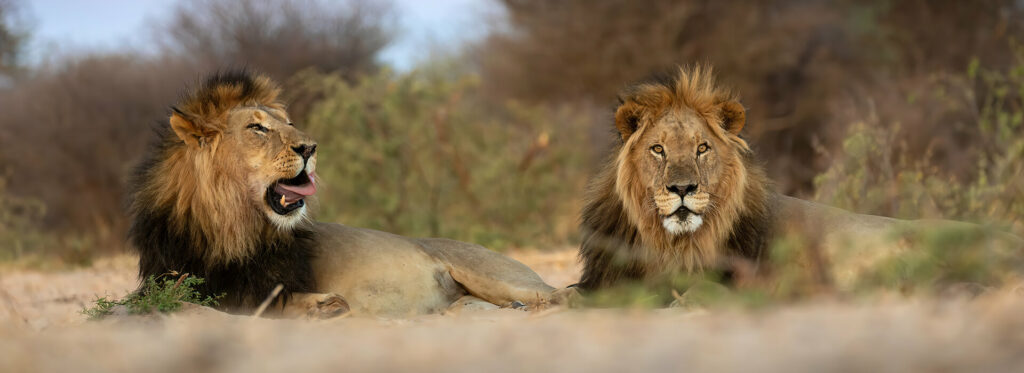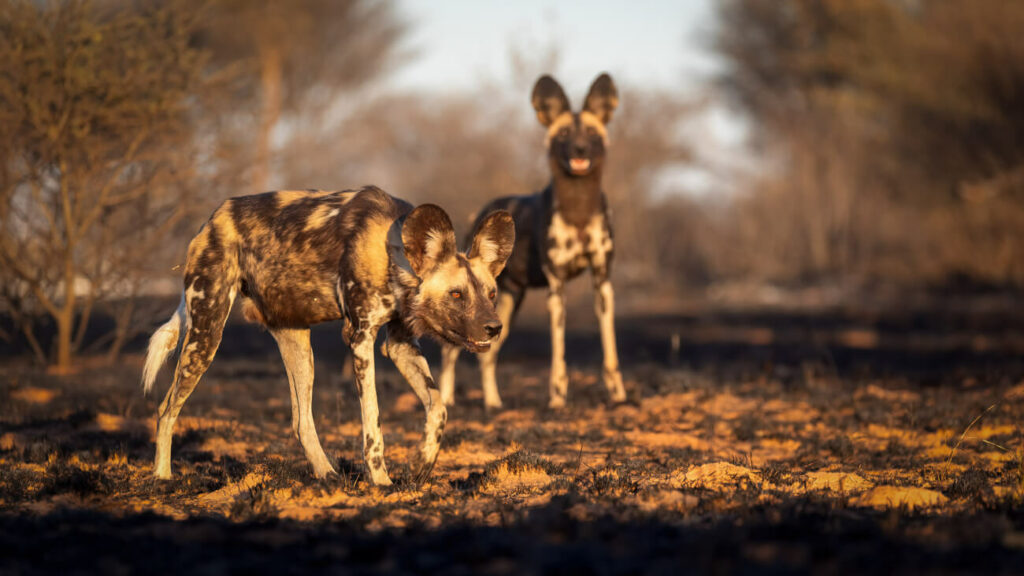Lion Monitoring and Conservation in the Kalahari: Decoding the Kings of the Savannah
The Kalahari: Lion Monitoring & Conservation Begins with Understanding
The lion (Panthera leo), with its iconic mane and powerful roar, embodies the wild spirit of Africa. Yet, even these majestic predators are vulnerable. Understanding their behavior, population dynamics, and the challenges they face is crucial for their protection. Join our project to monitor the lion population on Khamab Kalahari Reserve, unlocking insights to safeguard these apex predators and the ecosystems they rule. From their hunting strategies to pride dynamics, our goal is understanding what makes lions not just survive but thrive in this challenging habitat.
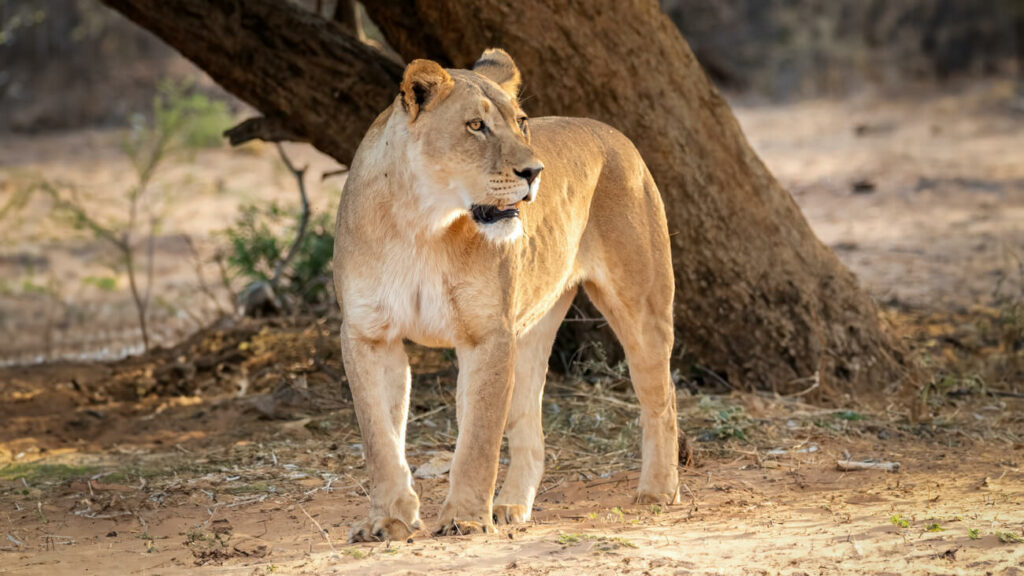
Beyond the King: Understanding through Lion Monitoring
• Naming and Taxonomy: While often called “the king of the jungle,” lions are true savanna dwellers. Their scientific name, Panthera leo, reflects their place within the big cat family, Panthera.
• Evolutionary Powerhouse: Lions are a testament to evolutionary success. Their ancestors roamed the Earth for millions of years, adapting to become formidable predators.
• Appearance: Weighing up to 550 lbs (250 kg) for males and 400 lbs (180kg) for females, lions are unmistakable. Tawny coats help them blend into their environment. Males sport magnificent manes – a symbol of power and health. These black manes are synonymous with the Kalahari.
Pride and Power: The Essence of Lion Society
• Family Bonds: Lions are the most social of all big cats. Lionesses are the heart of the pride. Sisters, mothers, and daughters often stay together for life, forming unbreakable bonds. They raise cubs communally, ensuring the survival of the next generation. These prides typically consist of one or a coalition of dominant males.
• Cooperative Living: Lionesses are skilled cooperative hunters, utilizing teamwork to bring down large prey. They are masters of strategy. Some may encircle the prey, while others lie in ambush. Their synchronized attack leaves even large animals like buffalo vulnerable. While males primarily defend territory and protect the pride, they are often underestimated in their hunting abilities. Male lions are phenomenal hunters in the own right, and this is evident by the survival of lone males.
• Hierarchy and Communication: Complex social structures exist within prides. While roars carry for up to 8 kilometers (5 miles), lions have a subtle language too. Ear positions, tail flicks, even whisker twitches convey messages and maintain hierarchy within the pride. Scent marking reinforces territory boundaries, avoiding conflict with rival prides.
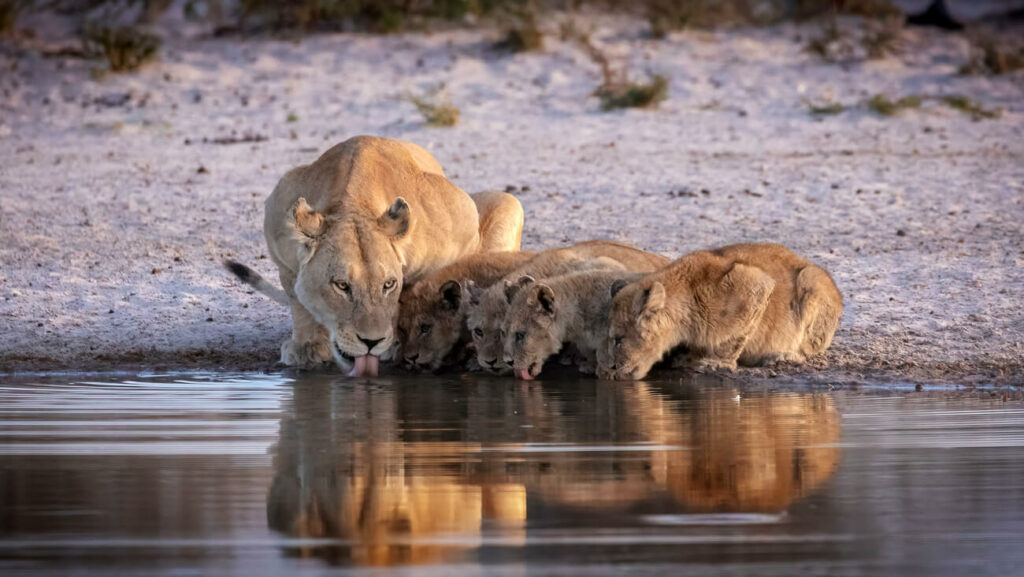
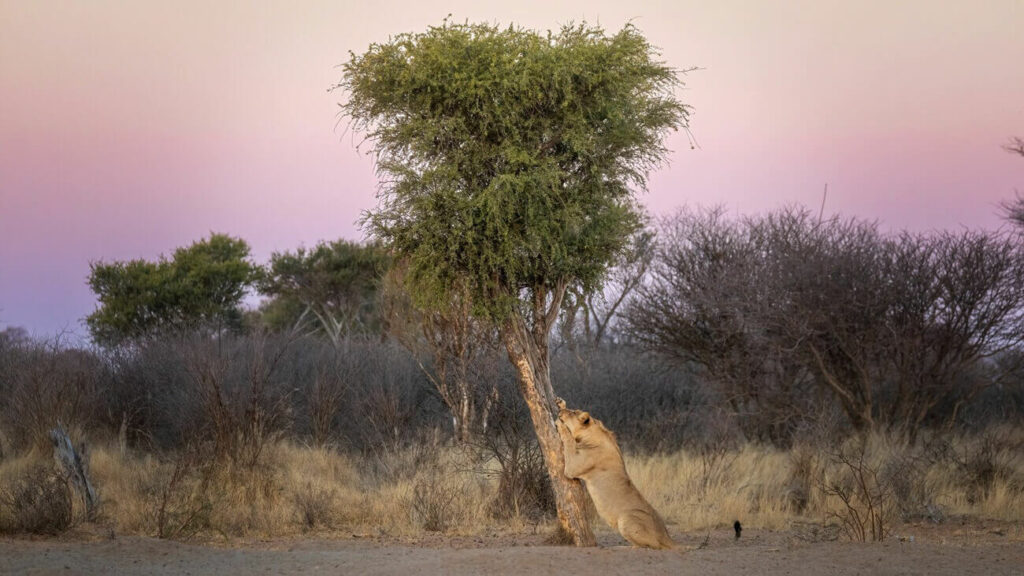
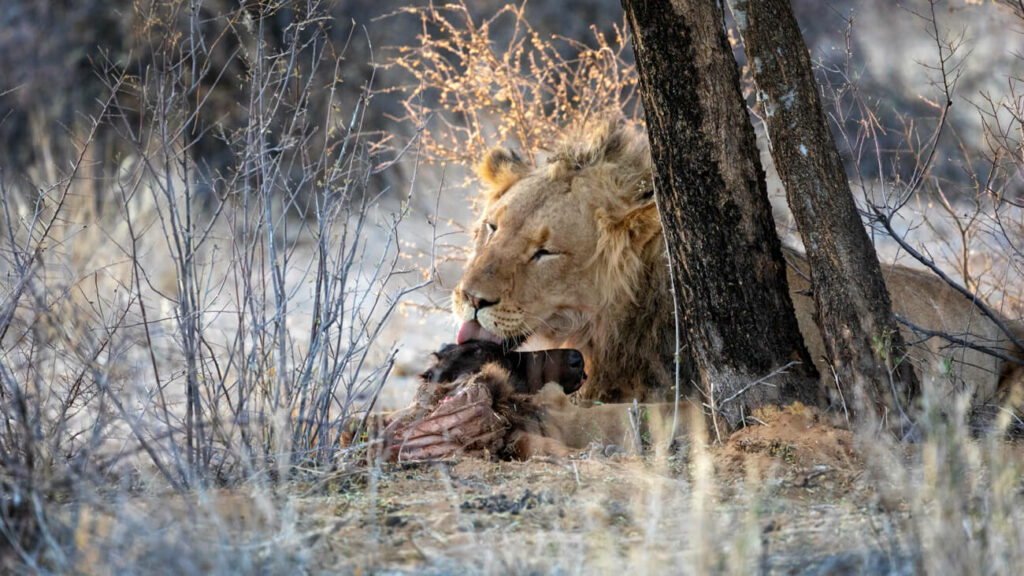
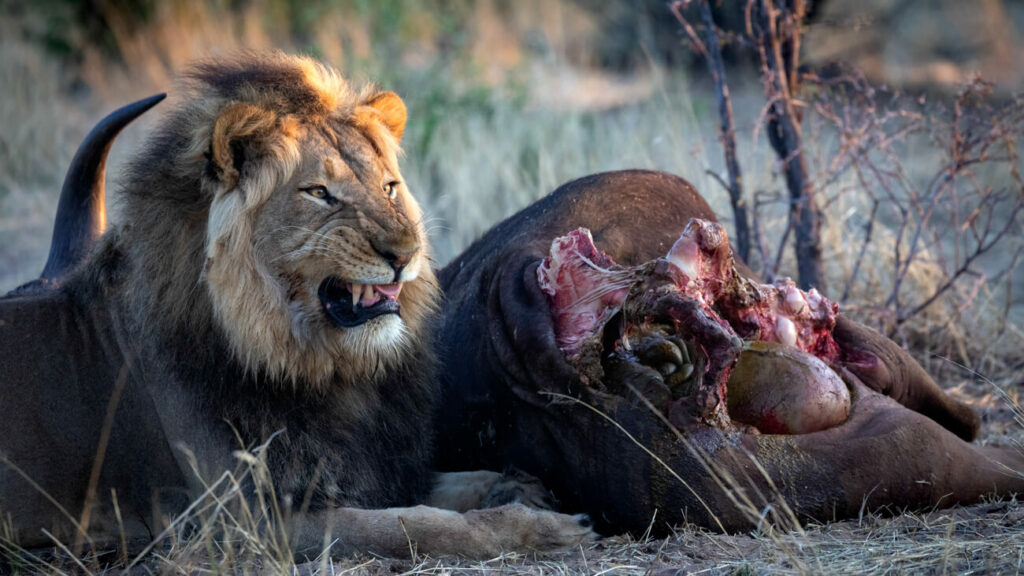
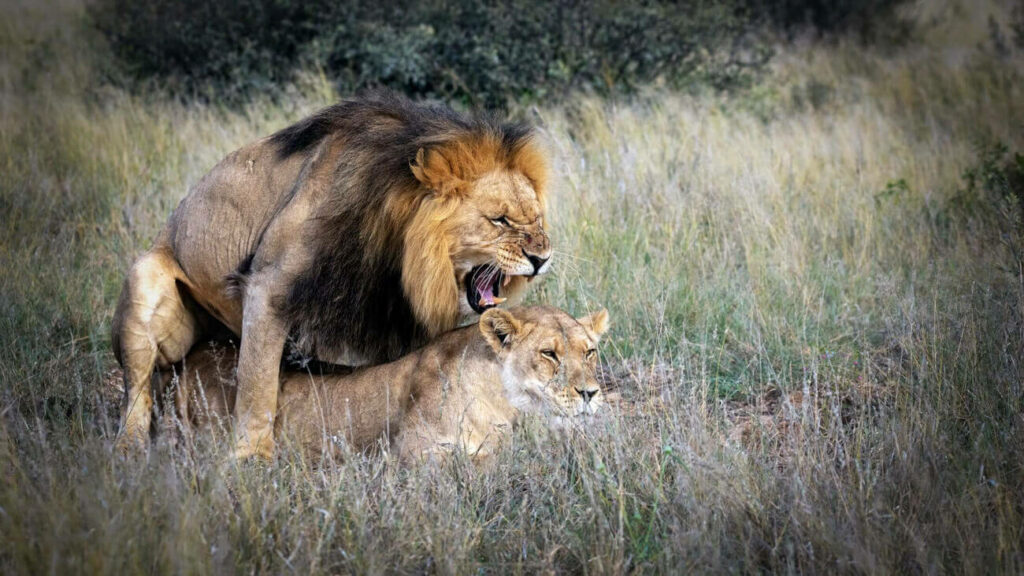
Lion’s Domain: A Fragile Existence
• Temperament: Lions can be extremely dangerous when on foot and must be treated with the utmost respect. Mothers defending cubs or a cornered lion can be exceptionally defensive. Lions on Khamab Kalahari Reserve have experienced minimal human interaction given the sheer size of the reserve and limited guests. It’s crucial to maintain a safe distance when observing them in the wild.
• Reproduction: Prides typically have 1-2 dominant breeding males. Females give birth to 2-4 cubs after a gestation of about 110 days. A lioness’ life revolves around her cubs. While a pride offers protection, cubs remain at risk from predators like hyenas and even rival male lions seeking to take over the pride.
• Kalahari Lions – The Mane Attraction: Kalahari lions are renowned for their impressive manes, often darker and fuller than those in other regions. While popular belief might suggest a unique genetic trait, this is largely due to environmental factors. The Kalahari’s open landscapes and less dense vegetation reduce the wear and tear on their manes from thorns, allowing them to grow more luxuriously. Additionally, the absence of certain diseases common in other areas keeps Kalahari lions healthier, contributing to their robust appearance.
Threats Facing the Pride and Why Lion Monitoring Matters
• Habitat Loss and Fragmentation: The conversion of savannas to farmland and settlements shrinks lion territory and increases conflict with humans. While human conflict is not much of an issue in South Africa due to the containment of lions to closed systems, elsewhere in Africa livestock are tempting targets for hungry lions, especially when natural prey becomes scarce. Farmers and communities, fearing for their livelihood, may retaliate with poison, traps, or guns, posing a major threat to lion survival.
• Historical Decline: Once widespread across Africa and even parts of Asia and Europe, lions now occupy only a fraction of their original range highlighting the urgency of conservation efforts.
• Disease: Lions are susceptible to diseases like bovine tuberculosis and canine distemper from domestic animals or through contaminated prey or water, outbreaks of which can spread rapidly through a pride, leading to widespread deaths.
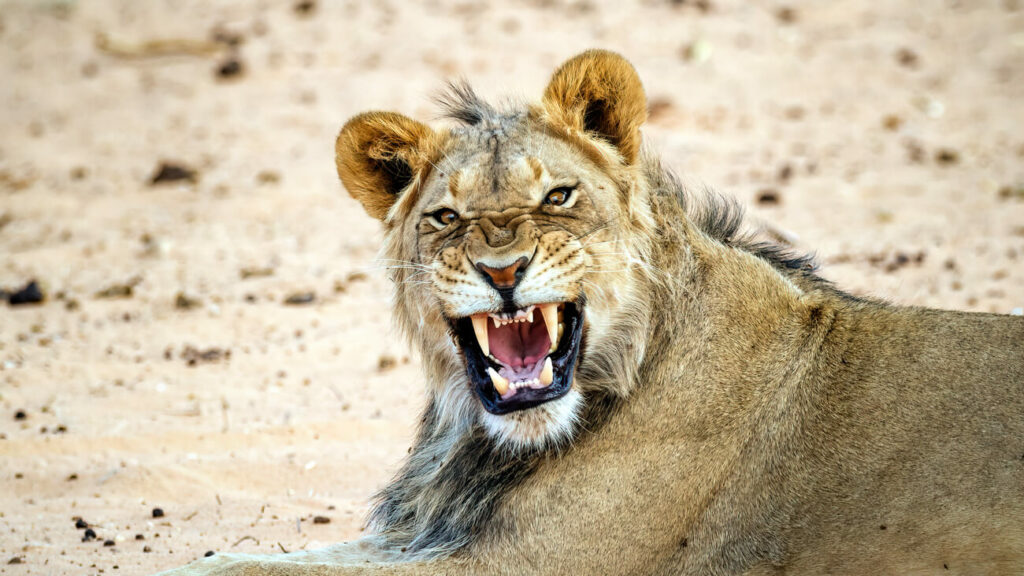
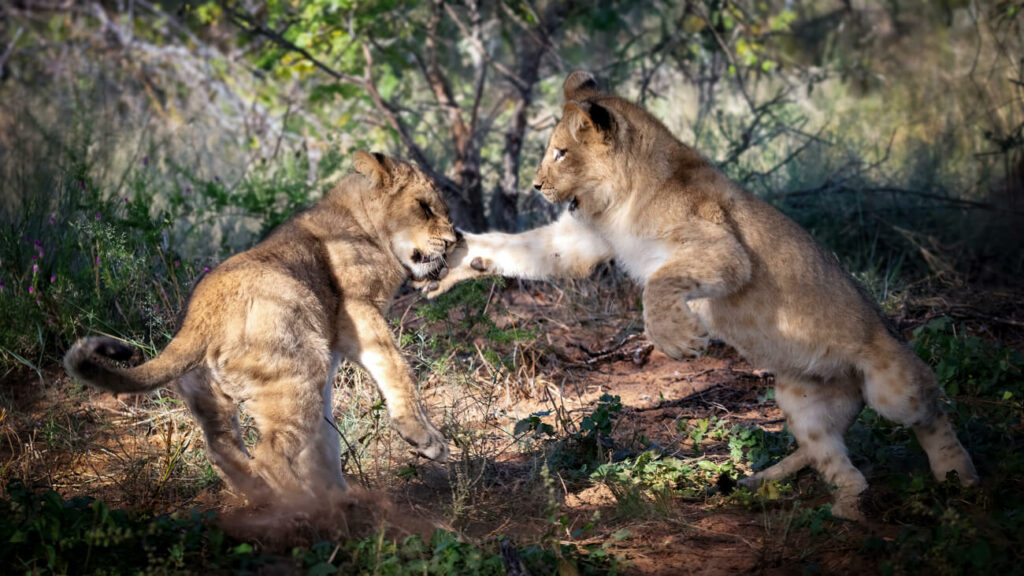
Tourism Pressures and the Illusion of Abundance
While tourism can be a force for conservation, it also creates unintended pressures. Natural lion densities can mean extended periods without lion sightings. The desire for guaranteed lion sightings leads some areas to maintain unnaturally high lion densities. While this ensures frequent lion sightings (and increases rare events like lions fighting), it places unsustainable demands on prey populations, requiring these areas to purchase additional animals from game farms to maintain the illusion of abundance.
Movies and documentaries often portray lions in a romanticized way, leading tourists to expect close encounters and even develop emotional attachments to specific named lions. In all South Africa’s reserves, save for the Kruger National Park and the Kgalagadi Transfrontier Park which are large enough for lion populations to manage themselves, lions require management, and this “popularity contest” sometimes hinders essential lion exchanges between reserves to maintain genetic diversity. Sending popular lions elsewhere risks losing bookings.
Reserves face a difficult choice between ecological integrity and financial survival. In an industry so fiercely competitive, failure to produce consistent lion sightings can be financially devastating, this highlights the need for ethical and sustainable tourism models. As a responsible tourist, it’s important to support reserves employing lion management policies that are guided by science, not social media, even if it might spell disappointment if you don’t see lions during your stay.
Conservation: The Vital Role of Research and Lion Monitoring
The Power of Data
Research and monitoring provide a baseline understanding of lion population health, movement patterns, and how they interact with their ecosystem. This data is essential for identifying areas where action is most needed.
Holistic Approach
Conservation success hinges on collaboration. Sharing data with other organizations and stakeholders provides a broader picture of lion populations across regions.
Ready to Make a Difference? Begin Your Lion Monitoring & Conservation Journey
Responsible Tourism:
When choosing a safari experience, prioritize operators committed to ethical practices and support conservation initiatives.
The Future is in Our Hands
Emphasize that even small actions, when combined, can make a real difference for the future of lions.
The Power of Social Media
Share reliable information about lion monitoring and conservation on your platforms.
Ready to Make a Difference? Begin Your Lion Monitoring Journey? Contact us today!
More questions, read our FAQs
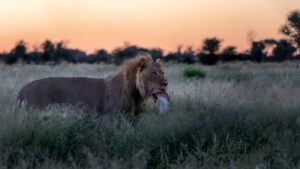
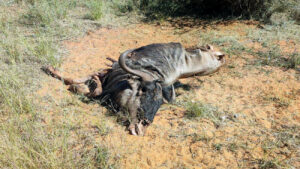
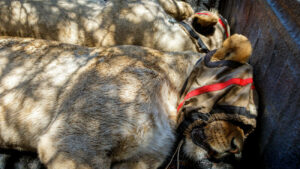
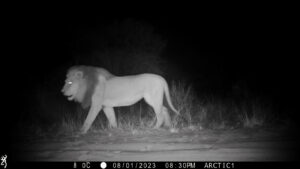
Lion Monitoring FAQ’s
Our Location
